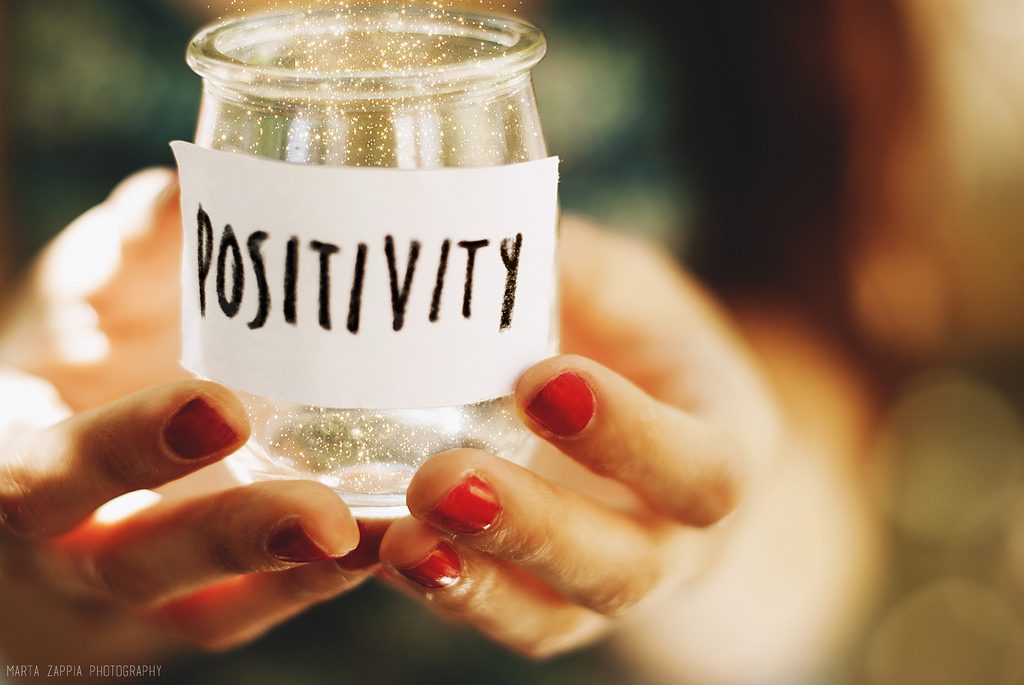We are constantly showing little signs of gratitude; from saying “thank you” at the store to nodding in appreciation when someone holds the door open for you, gratitude is a part of life. But recent science suggests that gratitude is more powerful than we ever realized. The science of gratitude has revealed countless ways in which gratitude is good for our physical and mental health. Read on to discover how gratitude is good for you.
Bask in the positivity

Unsurprisingly, gratitude is linked to positivity, optimism, and a general feeling of happiness. One study found that people who practice gratitude every day reported greater feelings of positivity and an overall brighter look on life. Gratitude has been shown to improve self-esteem as well. In other words, grateful people are happy people.
Dispel those lonely feelings

Gratitude doesn’t just increase happy feelings; it also decreases negative emotions. Robert A. Emmons, a leading researcher in the science of gratitude, reports that people with a regular gratitude practice have demonstrated lower levels of envy, resentment, frustration, and the like. They also have a greater ability to handle stress and fewer instances of depression or depression-like symptoms.
Make new friends and keep the old

In addition to benefiting your own mental health, the science of gratitude shows that gratitude makes you a better friend. Gratitude reduces aggression and increases empathy, both qualities that the people around you will appreciate. Showing gratitude to your friends and loved ones is another way in which gratitude can lead to healthier relationships.
Experience a healthier body

Gratitude doesn’t just make you smile, it makes your body healthier. Research has shown that those who practice gratitude regularly have higher immunity and healthier heart rates. But that’s not all. According to a study published in Applied Psychology, regularly recording what you are grateful for at night can help you fall asleep faster and stay asleep longer.
The science of gratitude goes beyond “thank you”

When we talk about the science of gratitude, we are talking about more than just saying thank you when your waiter brings you your meal. For gratitude to have a lasting effect on your mental and physical health, it needs to be a regular and deliberate practice. Check out our tips for cultivating a regular gratitude practice to see how you can integrate gratitude into your life and enjoy all the benefits the science of gratitude has revealed.

Comments